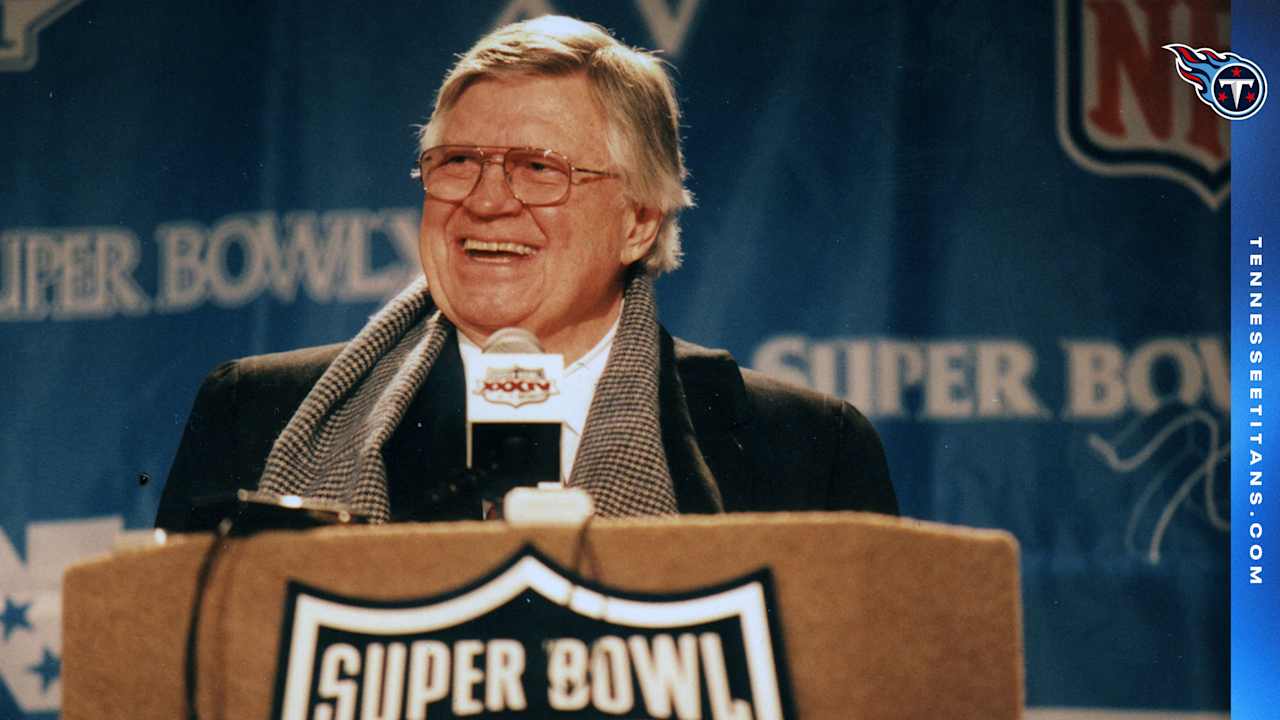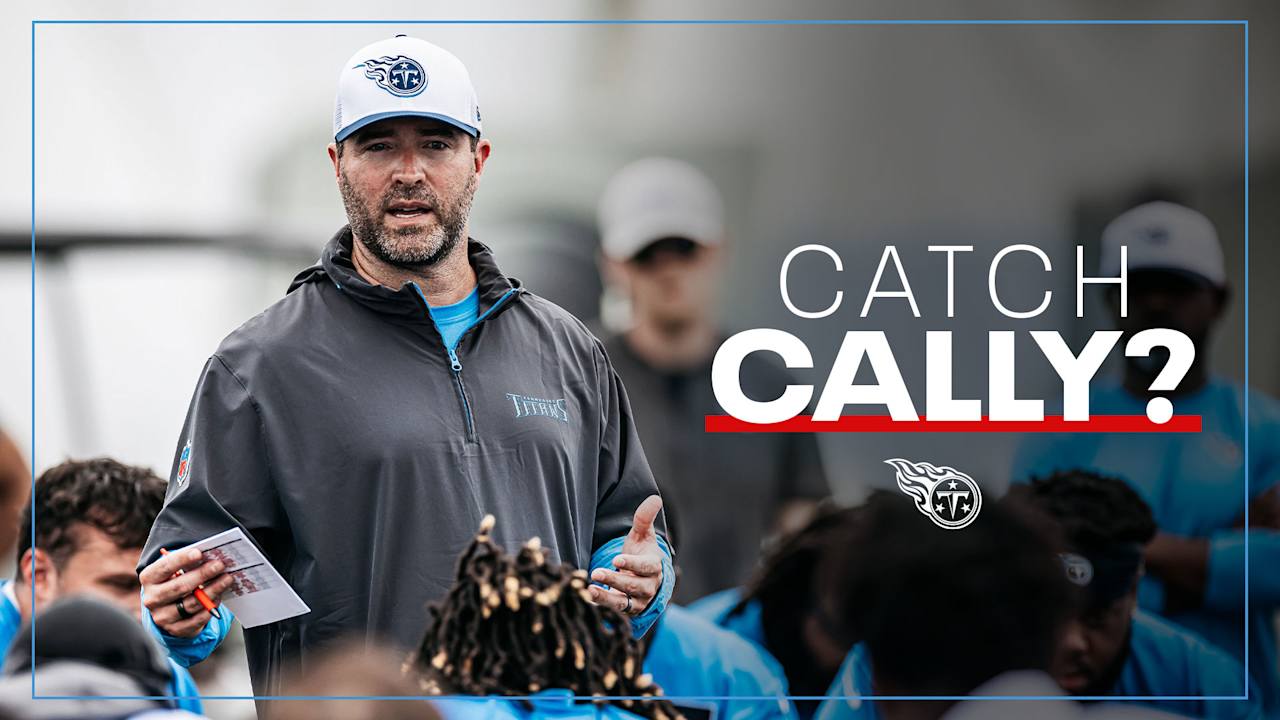She’s (still) in control. On Friday night, Janet Jackson unveils the two-hour premiere of her brand-new documentary Janet on A&E and Lifetime.
Filmed over a five-year period following Jackson’s 2017 State of the World Tour, the series invites viewers into the world of the notoriously private superstar, with the first two episodes looking back on her rise from child star and younger sister of the Jackson 5 to her establishment as a pop supernova with the meteoric success of 1986’s Control and 1989’s Janet Jackson’s Rhythm Nation 1814.
Early in the first episode (airing 8-10 p.m. ET on A&E and Lifetime), as she drives past a mural of her famous brothers in her hometown of Gary, Ind., the “Nasty” singer opens up about why she chose to allow a film crew to follow her around after years of shunning the harsh glare of the spotlight.
“It’s just something that needs to be done. It’s never…You’ve had someone write this unauthorized biography or someone else do something. Or they’ll do a movie and it’s candy-coated…,” she says, her voice trailing off as she notices the giant piece of art featuring her siblings for the first time. (“Oh I love that. That’s so sweet,” she coos as her eyes fill with tears.)
While her famous siblings may hover over the proceedings in the margins, this story is, as its title states, fully and unequivocally Janet’s. Below, Billboard broke down all the major moments from the series’ first part (the one-hour second episode airs Saturday at 8 p.m., followed by the third and final episode at 9 p.m. ET).
Janet first experienced racism after the Jackson family’s move to L.A.
Uprooting their lives in Indiana, Joe Jackson moved his wife and nine children to the L.A. suburb of Encino once the boys had signed to Motown Records and become stars. However, the family quickly learned that they might not be quite so welcome in the affluent, mostly white neighborhood, even with their celebrity status.
“A lot of the people didn’t want us there. They had this petition going around so that we wouldn’t be in the neighborhood,” Jackson recalled. “I remember walking down the street and being called the N-word — someone driving by yelling it out. Being told to ‘go back home to your country.’ Feeling it at school, some of the teachers and some of the kids. Touching your hair ‘cause your hair was different from theirs. Or your skin, rubbing it, like, ‘Does that come off?’”
Around the same time, the youngest Jackson also began feeling like something of an outcast within her own family, overshadowed by her brothers’ fame and success. “I just felt, yeah…Where do I fit in?” she said.
Her father put a stop to her plans to attend college
As a teenager, Jackson admits she didn’t harbor much of a desire to join the family business. Instead, she wanted to go to college, where she planned on studying business law. However, Joe Jackson made the decision for her after coming across a little melody line she’d recorded for fun in the family’s home studio.
“What parent doesn’t want you to go to college?” she said with a laugh. “But he said, ‘No, you’re gonna sing.’ I would’ve liked to [have] experienced staying at a dorm, being around other kids. But I was very, very naive, very, very shy. Not worldly at all.”
She didn’t want her last name on the cover of her debut album
After signing a record deal with A&M Records at just sixteen, Jackson began her career as a solo artist. And yet, she felt largely uninspired by the music the label handed her for her first two albums, 1982’s Janet Jackson and 1984’s Dream Street. And even from the very beginning, she wanted to establish herself outside of the shadow of her family name.
“I just wanted to go by my first name,” Janet admits of her eponymous first album. “I wanted them to accept me for me, to be interested in this for me, not because I was the brother or sister of…but that’s everything that this industry takes advantage of. And they want to play on that, and I didn’t want that.”
La Toya Jackson encouraged her to marry James DeBarge
Jackson began dating singer James DeBarge as a teenager after meeting him during his family band’s debut on the musical variety show Soul Train. “We used to talk on the phone as kids!” she revealed in a confessional. “Way before [getting together]. Because his brother was very much so attracted to my sister Toya, so that’s how I wound up getting to know James.”
Soon enough, the pair’s teenage romance turned serious, with Jackson seeing her relationship with DeBarge as a way of gaining a measure of independence. “I wanted to be able to stand on my own feet. And at that time, I felt that there was no other way I would be able to kind of get my own life unless I got married,” she said, eventually confiding the idea to her older sister La Toya Jackson, who supported the idea. “So I did it…in secret.”
The young couple snuck away to DeBarge’s hometown of Grand Rapids, Mich., where they were married in a church by the DeBarge singer’s pastor uncle. Now, however, Jackson recognizes just how naive she was going into her first marriage. “I even remember putting a ring on my finger and putting it on the wrong finger,” she quipped during the premiere.
Her time on Fame was marred by DeBarge’s drug use
Jackson was quick to reveal she didn’t have any desire to take part in Fame, the 1982 TV series based on the 1980 musical of the same name, which she starred in as student Cleo Hewitt. Her father, who also happened to be her manager, was the one who pushed her to take on the role despite the fact that her focus at the time lay solely in her marriage to DeBarge.
“There were a lot of times I was late for work,” she said. “I didn’t care. ‘Cause what was more important than my work was James.” However, the singers’ fledgling marriage was in trouble from the very start, with Jackson revealing DeBarge even left her alone in a hotel room for three hours immediately after their wedding ceremony to go search for his next fix.
“I eventually learned that he was into drugs,” she said. “There were a lot of nights that I would go searching the streets looking for him, 3 o’clock in the morning, 4 o’clock in the morning. I remember times when I would find the pills and I would take them and try to flush them down the toilet. And we would be rolling around on the floor fighting for them. I mean, it’s not a life for anyone.”
While the marriage was annulled after little more than a year in November 1985, its impact haunts Jackson to this day. “I don’t know, maybe it’s this person in me that wants to help people. Subconsciously, when it comes to relationships, somehow I’m attracted to people that use drugs,” she said, later adding through tears, “I was just incredibly innocent. That’s the thing – it’s that innocence. And it’s just, to me, hurtful for someone to see that and just try to take advantage of it. In knowing that you don’t know any better and lie to you…This is very painful. It doesn’t matter how much work you do, it’s still painful,” before telling the producer to cut off the interview.
Jackson denies long-standing rumors she secretly gave birth to a daughter with DeBarge
After decades of silence, Janet used the documentary to finally put to rest rumors that have swirled since the mid-’80s that she gave birth to a secret daughter who was raised by her oldest sister Rebbie Jackson.
“These were rumors that were just flying around, honey, like hash in a diner. But what was sticking on the wall was, where was the baby? Nobody saw a baby. I mean, she was there with us all day, every day. Where was the baby? Where? Who? Where?” said Debbie Allen, who starred alongside Jackson in Fame.
“First they were saying my niece Brandi was my daughter, and that I gave it to Jackie [Jackson] to raise. And then, because Randy [Jackson]’s daughter looks so much like me, then they started saying it was Stevanna,” confessed a visibly frustrated Janet. “I don’t like the weight of that negativity around me. I could never keep a child away from James. How could I keep a child away from their father? I could never do that, that’s not right.”
Instead, she blames the rumor mill surrounding the so-called secret pregnancy on the weight she gained while filming Fame due to starting birth control pills for the first time at 18.
Her relationship with her brother changed after Thriller was released
Michael Jackson‘s Thriller may be one of the best-selling albums of all time, but Janet remembers the release of the 1982 studio set as the start of a major shift in her relationship with her ultra-famous older brother.
“It was Thriller. That’s when it all started changing,” she said. “Whenever Mike would do an album, he’d throw me in his car and we’d listen to it from front to back to see what I thought. I remember really loving the Thriller album. But for the first time in my life, that’s when I felt it was different between the two of us. That a shift was happening.”
She continued: “That’s a time where Mike and I, we kind of started going our separate ways; we weren’t as close. And it may have been just because he was so massive, so huge. Huge.”
Her relationship with René Elizondo Jr. couldn’t have been more different from her first marriage
One of the high points of the documentary is the personal, never-before-seen footage provided by Jackson’s second husband René Elizondo Jr., who spent 10 years documenting his relationship with the star. One heartwarming scene in particular captures the dancer-turned-filmmaker’s romantic proposal to Jackson on a beach in Hawaii in 1987.
“James never proposed to me. He never gave me a ring or anything, so it was different [with Elizondo],” the singer said. “I wanted it to be it. But I thought that every time.” While he started as a backup dancer during Jackson’s Control era, Elizondo would go on to eventually describe himself as “an extension of Janet” in an archival interview while helping creatively direct The Rhythm Nation World Tour 1990.
She butted heads with Jimmy Jam and Terry Lewis during the Rhythm Nation recording sessions
Although they had created magic together on 1986’s Control, Janet often didn’t see eye to eye with superproducers Jimmy Jam and Terry Lewis while creating that album’s socially conscious follow-up. In one particular piece of footage captured by Elizondo, the singer loses her temper in the vocal booth while recording “You Need Me,” the B-side to Janet Jackson’s Rhythm Nation 1814 lead single “Miss You Much.”
“What are you laughing about? Tell me what’s wrong, Jimmy,” she demands after catching her producers chuckling from behind the board. “You’re sitting there laughing and I’m trying to get this right. You’ve got to tell me something, ’cause it’s like I keep singing this over and over, and you’re not telling me what I need!”
As Jam tells Elizondo to put the camera down, the argument escalates, with Jackson snapping, “I’ve been singing it all night, and you keep saying, “Uh-uh.’ I’m sick of that!”
“There’s no energy! You can hear that sh– and the way that sounds! Ain’t no energy on the song!…You’re the singer, all you’ve got to do is sing! We’re trying to make a record. We’re trying to follow up a big album,” Jam bites back, leading to Jackson storming out of the studio amid a flurry of threats that she’s headed back to L.A. and scrapping the album entirely.
However, in the present day all three collaborators point to the heated footage as proof of their artistic alchemy. “I love the creative process. There’s a lot of people that think I just come into the studio and I sing a song. But I write! I write lyrics, I write melodies…There were things in the world that concerned me. Things I wanted to say,” Jackson said of the album, while Lewis added, “People don’t hear the same things at the same times, but, you know, that’s just part of discovering. Just understanding the process. Praise God that Janet found the groove with us.”
Janet airs its three episodes on Friday (Jan. 28) and Saturday (Jan. 29), starting at 8 p.m. ET each night.





